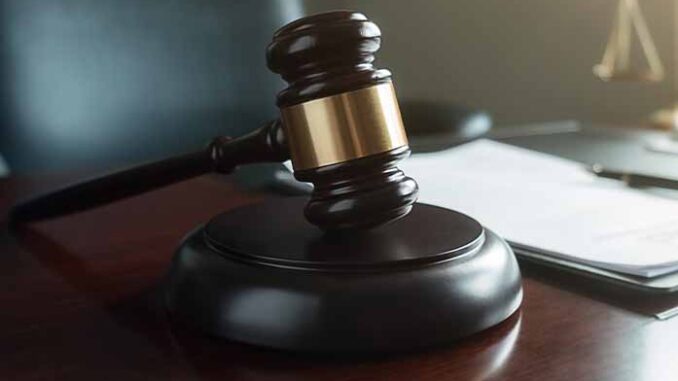
The 2020 elections in Arizona have resulted in multiple election challenges, and voters who aware of the dubious nature of some of them might conclude that they are collectively “Much Ado About Nothing.” But at least one of the election lawsuits not only merits further consideration, it is worth the time of Arizona’s legal system to fully evaluate it instead of rushing to judgment.
“Lake’s lawsuit is a Hail Mary that seems as much about the 2020 election as the 2022 election, and it will be tough to convince the judge not to dismiss it early in the process.” said one legal observer, who was even tougher on challenges filed by Mark Finchem, Jeff Zink and State Senator Sonny Borrelli. “Finchem’s lawsuit (filed jointly with Zink) is stunningly bad and seems to be about just filing something so he can justify asking his supporters for contributions. And Borrelli’s seems more about publicizing a specific issue rather than seeking a legal remedy.”
But a number of legal experts believe the lawsuit filed by Republican AG candidate Abe Hamadeh and the Republican National Committee is made of entirely different stuff.
We agree.
A contest featuring a difference of 510 votes out of more than 2.5 million ballots means that any seemingly small thing might be the thing that swings the race one way or another. And there are quite a few small and not-so-small things that a judge needs to examine evidence of, take testimony on, and weigh in his/her mind.
When problems across Maricopa County stymied tens thousands of voters on election day, GOP attorneys sought an additional two hours for voters to be able to cast their votes. To their shame, Maricopa County officials who were responsible for the boondoggle opposed the additional two hours and argued that no voters had been unable to vote and that no additional time should be granted. Judge Tim Ryan agreed with the County and shut the vote down at the original scheduled time, even though extending the hours would have gone a long way towards resolving many of the problems. Yet in spite of the Judge’s agreement that all was well on Election Day, the problems of that day linger.
Voters who signed in at one polling place and left to vote at another were often not signed out of the first place before showing up at the second, forcing them to cast provisional ballots, not all of which have yet been counted.
Thousands of Arizona voters were mistakenly sent federal only ballots which are reserved for voters who failed to prove citizenship when they registered to vote. Under Arizona law those voters may not vote in Arizona elections. The error by Secretary of State Hobbs’ office was caught and was reportedly corrected, but questions remain.
Hundreds of voters checked in on Election Day without ultimately casting ballots, but also dropped off mail-in ballots, leaving their ballots in limbo.
A large number of voters brought their own pens, or used pens supplied by other voters that used blue inks or other inks that caused the machines to not properly recognize or count their votes. This would result in an undervote for the race, and the Hamadeh campaign wants to inspect the undervote ballots to ensure that none were missed.
Overvotes may also have been an issue, as some voters voted for Hamadeh but, when the machine failed to read their vote, they wrote him in on their ballot as well. That will cause the machine to potentially read two votes and not count either, even though both votes were for the same candidate.
Ultimately, challenges like these will affect several thousand ballots in a race separated by mere hundreds of votes.
Political figures like Kelli Ward and Mark Finchem on the Republican side and Nancy Pelosi and Hakeem Jeffries on the Democratic side have worked overtime to erode confidence in the elections process to advance their own political interests. Collectively, they have succeeded in doing great damage to the confidence of voters. Add to their irresponsible hysteria the actual fraud and incompetence on display in Arizona’s last few elections, and you have a real problem.
That is why it is incumbent on the Arizona courts to take serious election challenges seriously, and give them full consideration. And where appropriate remedies are available, the courts should order them done, so that voters can find at least one place in the state where every effort is being made to ensure the most accurate election results possible.
